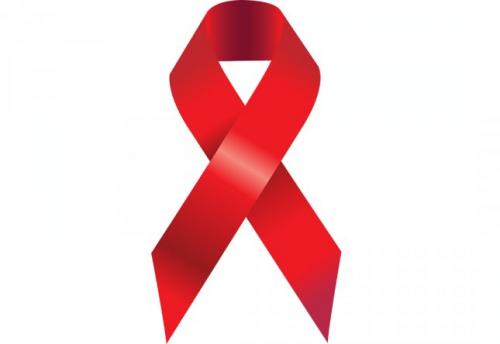On World AIDS Day, threat to access to medicines looms large
- Opinión

Today millions of people living with HIV in South-East Asia are receiving treatment and leading healthy lives thanks to affordable generic antiretroviral (ARVs) medicines.
Governments and treatment providers across Asia, such as the government of Indonesia and Médecins Sans Frontières (MSF), patients across our missions in many countries, depend on an uninterrupted supply of affordable generic HIV medicines to reduce new HIV infections and AIDS-related deaths in the region.
But as the trade negotiators from 16 countries gather in Indonesia next week to deliberate the terms of a trade agreement — the Regional Comprehensive Economic Partnership agreement (RCEP), access to low-cost generic medicines is under grave threat.
As a member of ASEAN, Indonesia is part of negotiations of this free trade agreement, along with its trading partners including India, Australia, China, Japan, New Zealand and the Republic of Korea.
The proposed trade agreement contains harmful intellectual property (IP) provisions which threaten to slow down the global trade in affordable generic medicines.
Today, the vast majority of people living with HIV across Asia receive treatment with affordable generic HIV medicines.
This was made possible, in part, because patent law safeguards such as compulsory licences were implemented by a number of countries in the region, in line with internationally-agreed trade rules.
In 2001, the price to treat one person living with HIV for one year was US$10,000, priced far out of reach of those in developing countries. More affordable sources of generic medicines — particularly from India — led to a 99 percent price drop for HIV treatment, which today costs around $100 per person per year. By 2004, the availability of affordable HIV medicines led to the start of a regional scale-up of treatment to address the AIDS epidemic.
The region faces new public health challenges. Some of the countries with the highest prevalence of drug-resistant tuberculosis (DR-TB) and HIV-TB co-infection are those negotiating the RCEP agreement, and include India, China, Indonesia, Myanmar and Thailand. Drug-resistant TB is also a public health issue in the Philippines and Vietnam.
Access to new TB drugs remains a big challenge. Already, drugs for a single course of treatment for DR-TB is as much as $4,000 per person, which places a heavy burden on governments.
Adding the cost of two new drugs - bedaquiline and delamanid — which are now needed to improve cure rates of DR-TB, could drive up the cost of treatment even higher.
Access today is restricted due to over-reliance on originator pharmaceutical corporations, patent monopolies and registration barriers making the task of procuring these medicines even more challenging for governments.
However, as they did for HIV, generic medicines can once again play a role in encouraging governments to increase access to new DR-TB drugs. A study by Liverpool University showed the price of new TB drugs could be reduced by up to 95 percent through generic production. Price reductions could permit a ten-fold increase in the number of people on DR-TB treatment using current budgets.
But this won’t happen if provisions harmful to access to medicines get rubber-stamped in the RCEP agreement.
The negotiators of the RCEP agreement will meet in Indonesia next week. The leaked draft of RCEP’s negotiating text, especially the proposed chapters on IP, reveal that Japan, the Republic of Korea, and Australia are pushing for clauses that go way beyond international trade rules, seeking to prolong patent monopolies, delay registration of price-lowering generic medicines, and push enforcement provisions that attempt to prevent the flow of generic medicines from producer to patient.
With the likely demise of the Trans-Pacific Partnership agreement, governments will focus more intensively on RCEP. This will increase pressure on developing countries negotiating RCEP to introduce stricter regional, and eventually global, standards of intellectual property protection and enforcement that are extremely harmful to generic competition and access to medicines.
So far, India and the ASEAN countries have pushed back on accepting any IP provisions in the RCEP agreement that undermine the future of manufacturing and supply of generic medicines.
Restrictions on trade in generic medicines will directly translate into a decreased pipeline of affordable versions of new medicines for people in the region; costs of national treatment programmes will rise, leading to treatment rationing and putting people’s lives at risk.
We appeal to ASEAN countries, China and India to resist RCEP’s stringent IP proposals.
The world will be watching.
- Shailly Gupta works with MSF Access Campaign and is closely monitoring the RCEP negotiations on intellectual property and access to medicines.
Source: SouthViews, No. 138, 2 December 2016
South Centre: www.southcentre.int.
This article was published in the Jakarta Post on 2 December 2016.
Del mismo autor
Clasificado en
Clasificado en:
Libre Comercio
- José Ramón Cabañas Rodríguez 01/04/2022
- Jorge Murga Armas 31/03/2022
- Jorge Murga Armas 30/03/2022
- Lori Wallach 22/03/2022
- Néstor Araujo 22/03/2022








